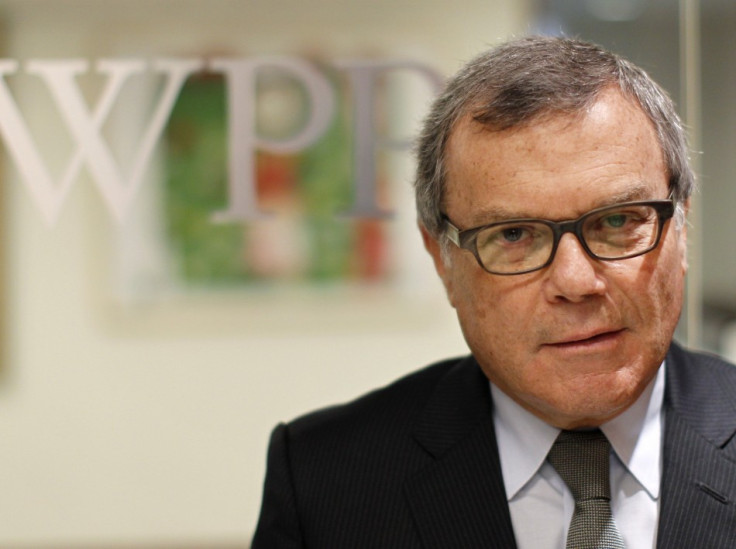WPP CEO Sir Martin Sorrell Wins Majority Shareholder Approval for £30m Pay Package

Sir Martin Sorrell, CEO of WPP, who suffered an embarrassment at the advertising group's annual general meeting in 2012 as majority shareholders opposed his compensation package, has survived a similar shareholder revolt at the company's latest meeting.
More than a quarter of WPP shareholders were against Sorrell's hefty pay and bonuses last year totalling about £30m ($51m, €37m) – the highest among FTSE 100 leaders.
However, majority shareholders who are largely institutional investors approved the company's remuneration report and a new pay policy.
In 2012, 60% of shareholders rebelled against WPP's remuneration policies and forced reforms.
More than 28% of shareholders rejected or abstained from a vote on WPP's remuneration report for 2013. The compensation scheme delivered record-breaking awards to executives and created tensions between the management and shareholders over executive pay.
Meanwhile, WPP's chairman Philip Lader defended the pay scheme.
"It is my personal view that it would be unfair if something that was put in place by 80% of the shareholders years ago and the arithmetic computation reaches a certain number, to turn to 12 of the senior executives and say 'I'm sorry, but no longer is that applicable to you'. In fact that might even raise a legal issue," he said.
In order to address the compensation issue, WPP came up with a new compensation policy this time, which was opposed by 16% shareholders while 11% abstained from voting.
Influential group the Local Authority Pension Fund Forum was of the opinion that the salary and bonus packages under the new incentive scheme "are not justified by performance and are out of step with shareholder and community expectations of reasonable reward for effort".
Defending his high compensation package, Sorrell slammed critics and said his bonuses have soared in value partly because of WPP's rising share price.
"It's part of a continuum," he told the Independent.
"You don't go and analyse the investment I make in the company. You don't analyse the impact and the movements in the share price – positively or negatively. You don't analyse the fact that 100% of my wealth is in this company. You just put that to one side and you make comparisons with other situations and say they are the same. But they aren't."
WPP earlier reported that revenues were up by 1.2% in the first five months of 2014 to reach £4.4bn.
"All in all, 2014 looks likely to be another demanding year, as a strong United Kingdom pound and weak faster growth market currencies continue to take their toll on our reported results, but if budgets and quarter one revised forecasts are met, 2014 will be another strong year," Sorrell said, commenting on the results.
© Copyright IBTimes 2024. All rights reserved.






